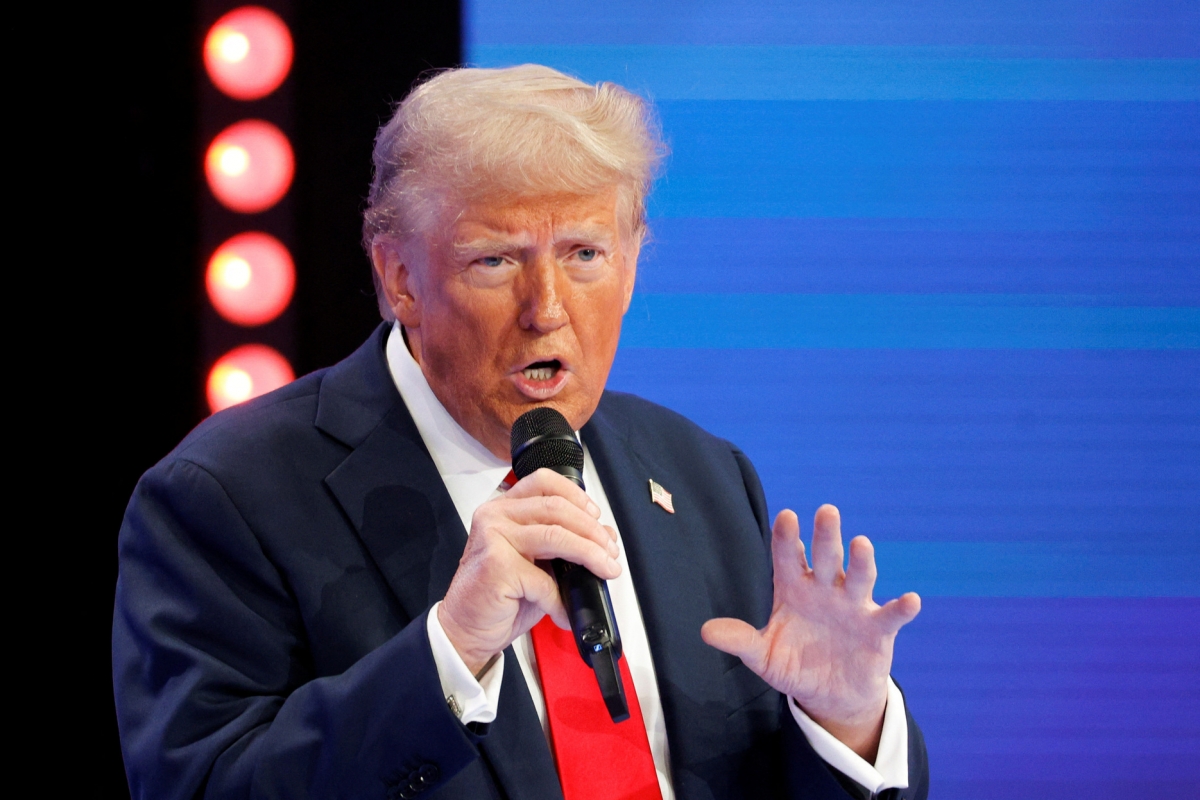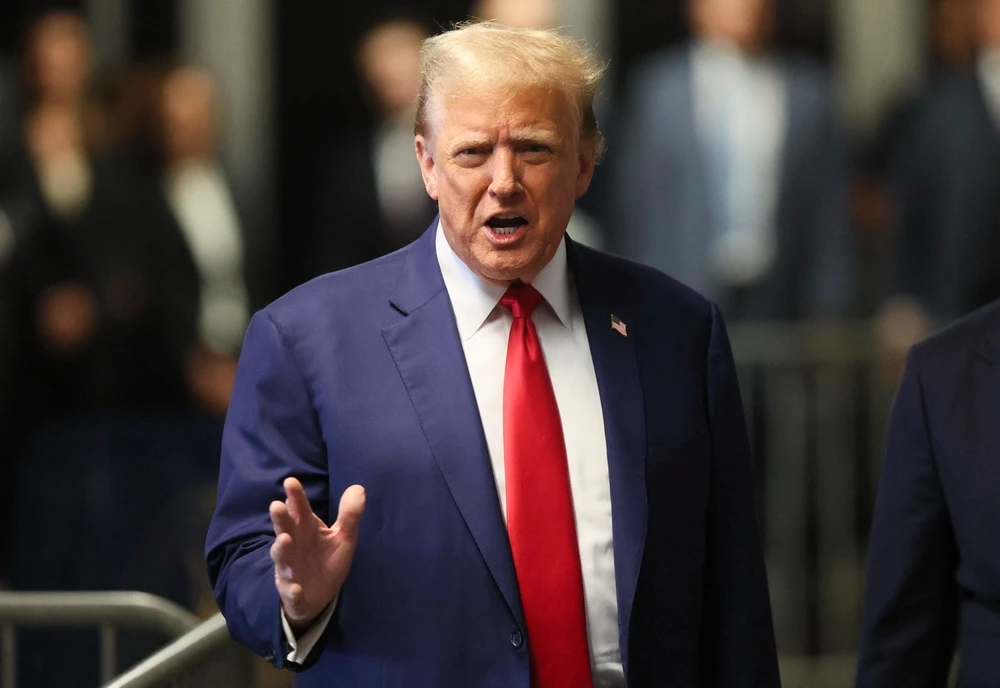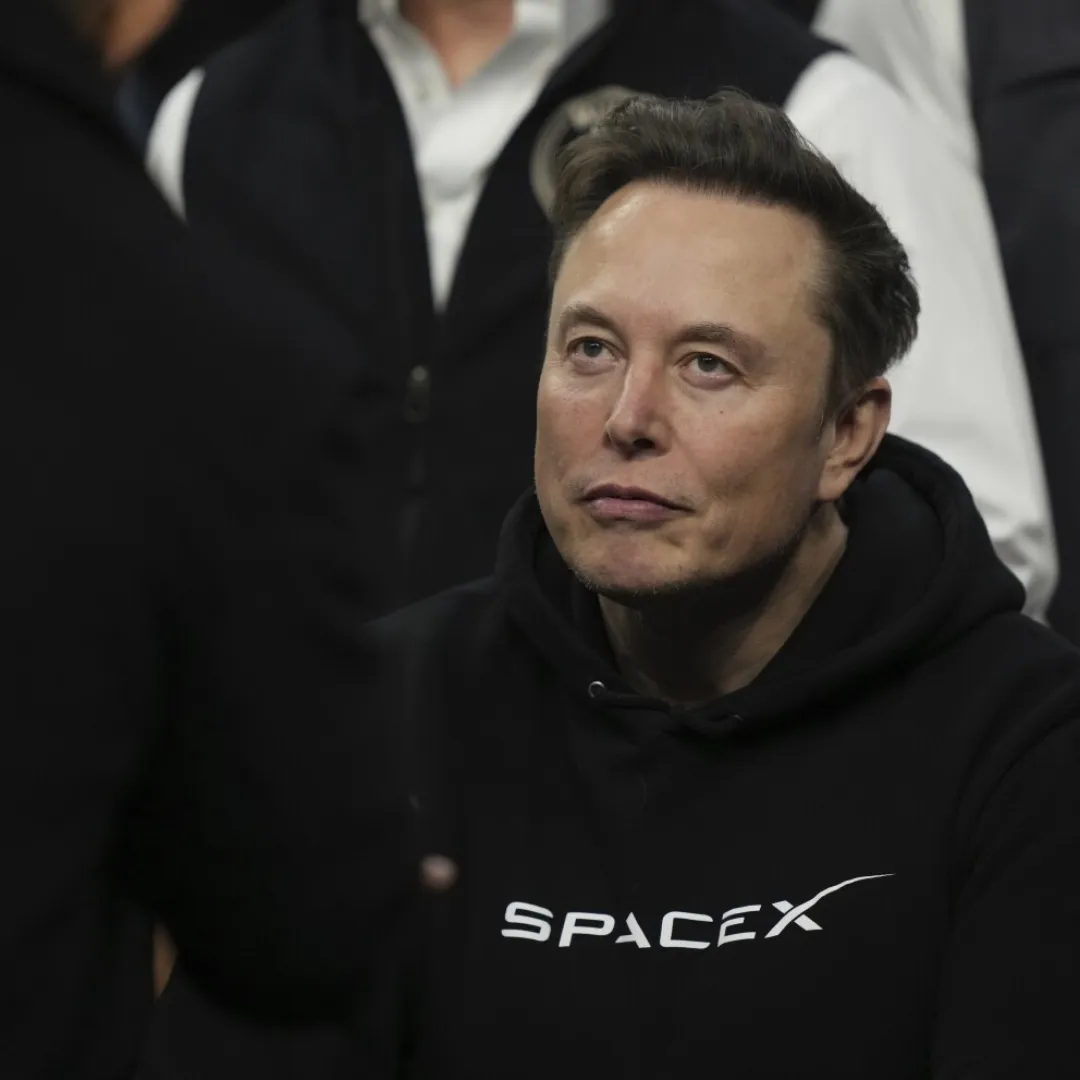
Canadian Prime Minister Mark Carney’s recent statements have set the stage for a dramatic shift in relations between Canada and the United States, as trade tensions between the two neighbors reach new heights. In a forceful rebuttal to President Trump’s announcement that he plans to impose a 25 percent tariff on foreign car imports, Carney declared that the traditional economic relationship between the U.S. and Canada is “over.”
With this declaration, Carney is signaling that Canada will no longer allow itself to be at the mercy of U.S. economic policies and will respond with strength and resilience, even as the Trump administration’s trade war intensifies. For the first time in years, Canada’s political leadership has laid bare the growing frustration with the U.S. economic approach under Trump’s leadership and is now positioning itself for a more independent, self-reliant future.
“The old relationship we had with the United States, based on deepening integration of our economies and tight security and military cooperation, is over,” Carney remarked during a press conference on Thursday, just one day after President Trump’s tariff announcement. This was a powerful statement marking the end of an era that had defined Canadian-U.S. relations for decades.
Historically, the U.S. and Canada have had a symbiotic relationship, characterized by close economic ties, shared security concerns, and collaborative military efforts. However, as Trump’s “America First” approach continues to alienate allies, Carney’s remarks suggest that Canada may seek to distance itself from the U.S. in a manner never seen before.
Carney’s statement reflects not only the growing economic divide between the two nations but also the shifting geopolitical realities in North America. The U.S. under Trump has increasingly adopted protectionist policies, pulling away from multilateral trade agreements and favoring unilateral tariffs as a way to impose its will on foreign countries. In the face of such actions, Canada is now being forced to reconsider its reliance on its southern neighbor, which has traditionally been its largest trading partner.
The immediate catalyst for Carney’s remarks was President Trump’s announcement that he would impose a 25 percent tariff on foreign-made car imports, including vehicles and parts not manufactured in the United States. This new tariff will take effect on April 2, and although the president argues that it will boost U.S. manufacturing and create jobs, the move has raised significant concerns among Canadian leaders.
Trump’s decision is part of his broader strategy to reduce the U.S. trade deficit and encourage foreign manufacturers to move production to the United States. However, critics, including Carney, argue that such tariffs will only raise consumer prices and disrupt global supply chains.
Carney’s response was immediate, as he characterized the tariff as a “direct attack” on Canadian workers, particularly those in the automotive industry who stand to lose jobs as a result of the new measures.
“This is a direct attack, to be clear, a direct attack on the very workers that I stood in front of, Unifor workers I stood in front of this morning at the Ambassador Bridge,” Carney said, referring to the location where many Canadian workers depend on trade with the U.S. for their livelihoods. The Ambassador Bridge, linking Windsor, Ontario, with Detroit, Michigan, is one of the busiest trade routes between the two countries and serves as a symbol of the economic interdependence that has historically existed between Canada and the United States.
Yet, with Trump’s protectionist stance, Carney suggests that these once-strong ties are now fraying. “A bridge that is a symbol and a reality up until now, of the tight ties between our two countries — ties of kinship, ties of commerce, ties that are in the process of being broken,” Carney continued.
The image of the Ambassador Bridge being metaphorically broken captures the essence of Carney’s position: the economic partnership between Canada and the U.S. is no longer what it once was, and Canada must now move forward in a way that better protects its own interests.
Prime Minister Carney’s response to Trump’s tariffs suggests that Canada is ready to stand up for itself on the global stage. “We can give ourselves much more than any foreign government, including the United States, can ever take away,” Carney declared during his press conference.
In this statement, Carney emphasizes the need for Canada to pivot toward building its own economic strength and reducing its reliance on the United States. His words suggest that, while the U.S. may be taking an aggressive stance, Canada has the resources and determination to forge a new path forward.
“We can deal with this crisis best by building our strength right here at home,” Carney explained. This sentiment underscores a fundamental shift in how Canada perceives its role in the world. In the past, Canada often sought to balance its economic interests with those of the U.S. But Carney’s remarks signal that Canada may now prioritize its own self-reliance and economic independence, something that will require significant work and resolve.
The prime minister acknowledged that this process would not be easy. “It will take hard work. It will take steady and focused determination from governments, from businesses, from labor, from Canadians,” he said. Carney recognizes that Canada will need to make difficult adjustments, including reducing its economic dependence on the U.S., which has long been Canada’s most important trade partner.
This could mean fostering new trade relationships with other countries and diversifying Canada’s global economic engagements.
“We will need to pivot our trade relationships elsewhere,” Carney continued. “We will need to do things previously thought impossible at speeds we haven’t seen in generations.” These remarks indicate that Canada will likely seek to strengthen trade partnerships with other nations, including Europe and Asia, as it reorients its trade strategy away from the U.S.
In response to Carney’s remarks and Canada’s defiance, President Trump fired back on Truth Social, warning that if the European Union “works” with Canada to “harm” the U.S. economy, he would consider implementing larger-scale tariffs as retaliation. “If the European Union works with Canada in order to do economic harm to the USA, large scale Tariffs, far larger than currently planned, will be placed on them both in order to protect the best friend that each of those two countries has ever had,” Trump wrote early Thursday morning.
Trump’s threats are a clear escalation in the ongoing trade war, but Carney and his government remain resolute in their commitment to standing up for Canadian workers and industries. “We will fight the U.S. tariffs with retaliatory trade actions of our own that will have maximum impact in the United States and minimum impacts here in Canada,” Carney said.
This statement reflects Canada’s determination to strike back in ways that will hurt U.S. industries while minimizing the harm to its own economy.
While Carney did not provide specifics on what measures Ottawa would take in retaliation, his comments suggest that Canada is preparing a robust response. “We will protect our workers and our industries during this difficult period, but above all, we will build a new Canadian economy. We will build Canada strong,” Carney concluded.
The emphasis on building a "new Canadian economy" reflects Carney's long-term vision for Canada to become more self-sufficient and less dependent on the U.S., particularly as trade relations between the two countries become increasingly fraught.
As Canada prepares for the impact of Trump’s tariffs, the broader question remains: what does the future hold for Canada-U.S. trade relations? With Carney’s declaration that the “old relationship” is over, Canada is sending a clear message that it will no longer be passive in the face of U.S. protectionism.
The relationship between the two countries, which has long been a cornerstone of Canada’s foreign policy, is undergoing a profound transformation.

The immediate impact of the tariffs could cause disruptions in the automotive industry, but the long-term effects could be more significant. If Canada successfully diversifies its trade relationships and reduces its dependence on the U.S., it could mark the beginning of a new era for the Canadian economy—one in which Canada is more self-reliant and less vulnerable to the whims of U.S. policy.






